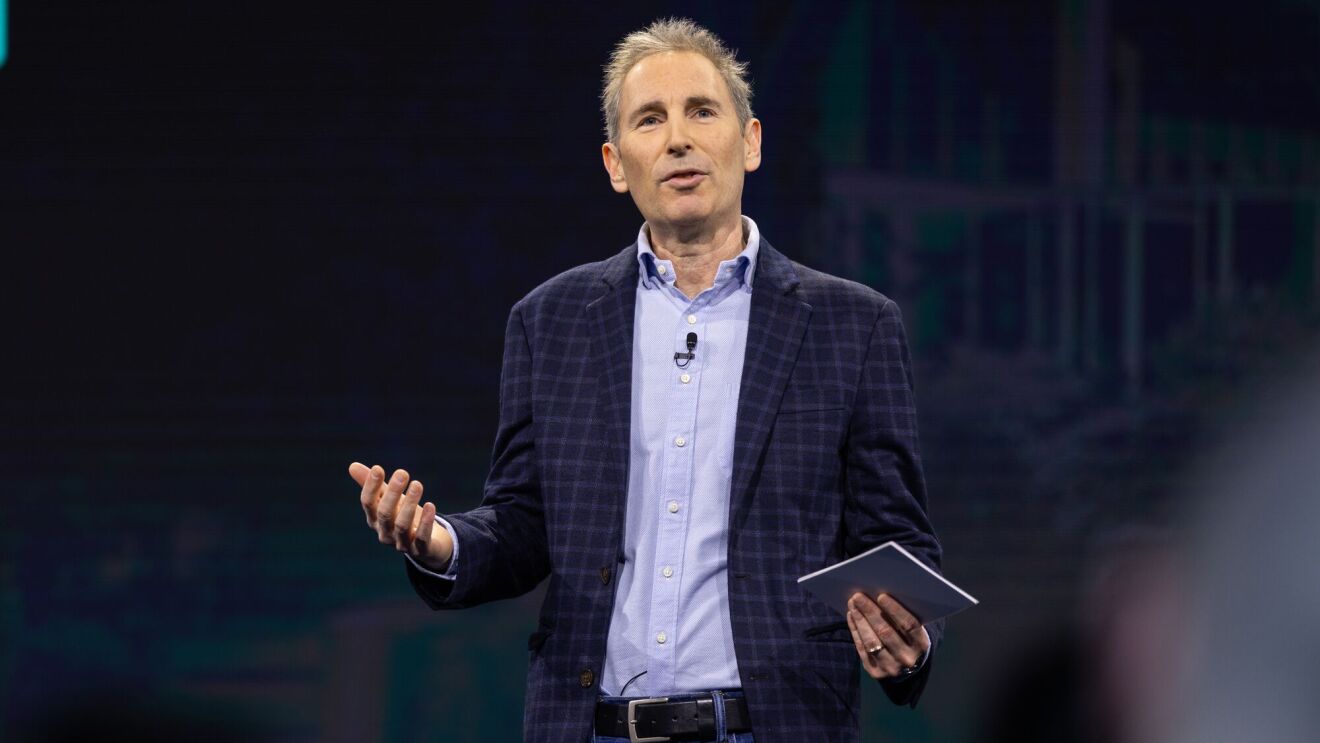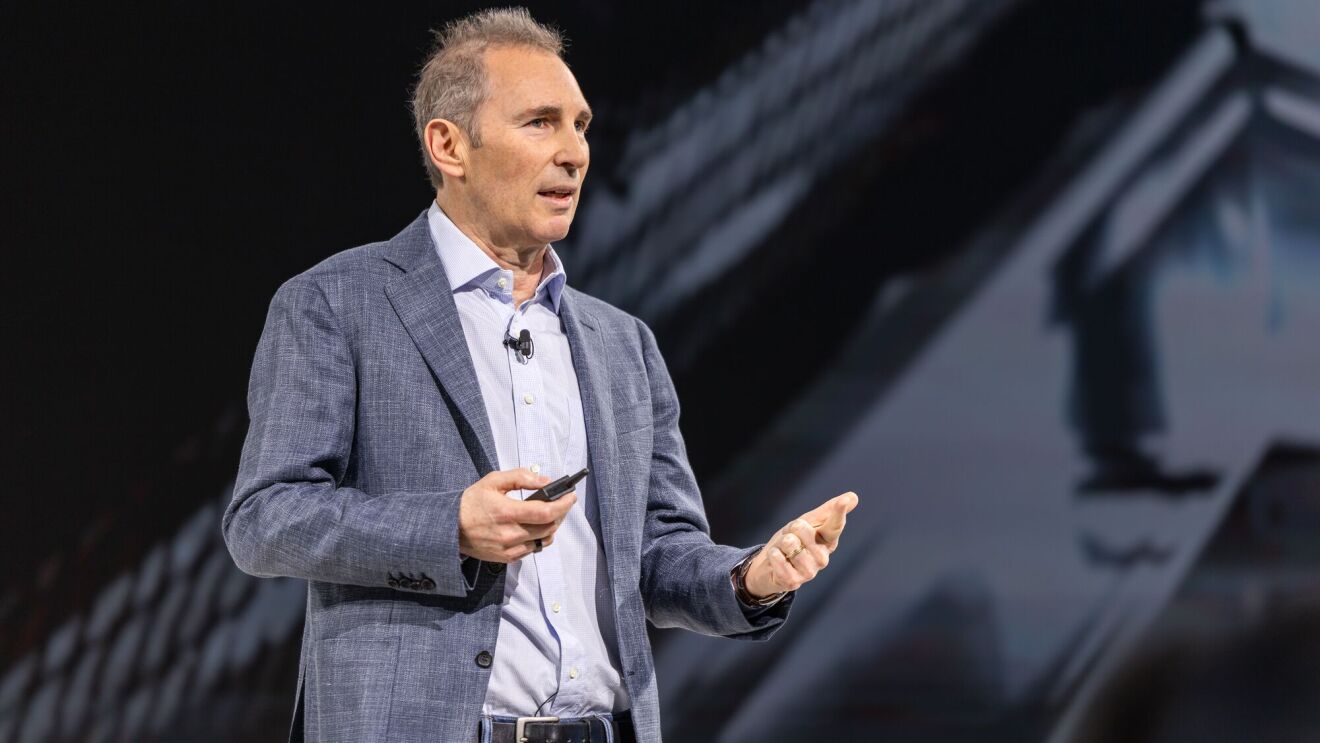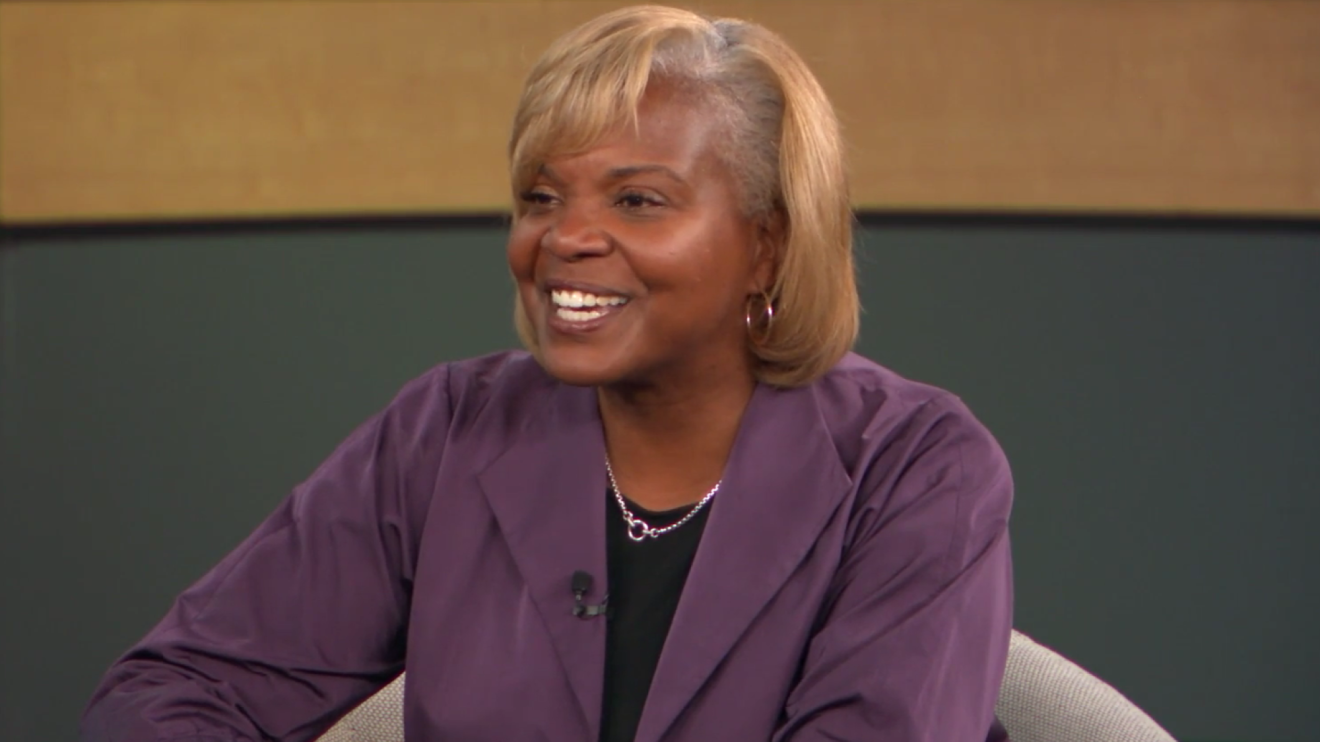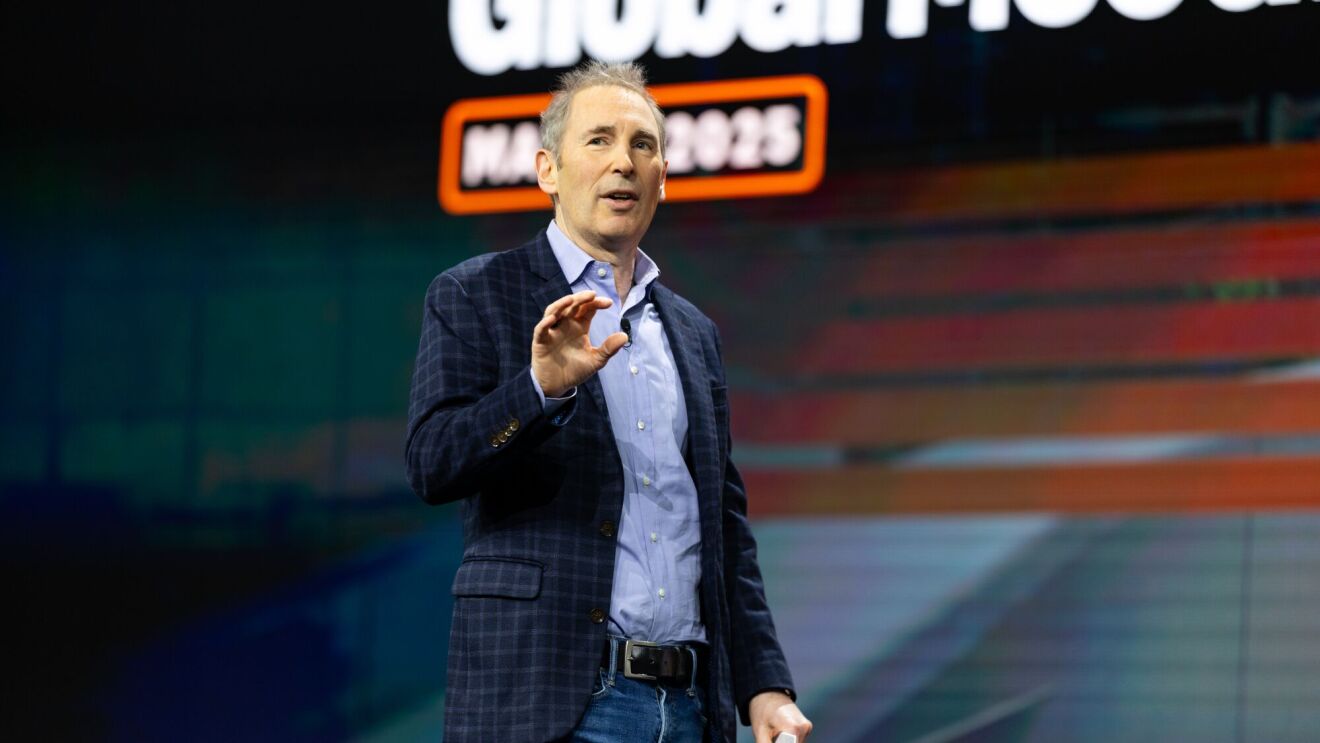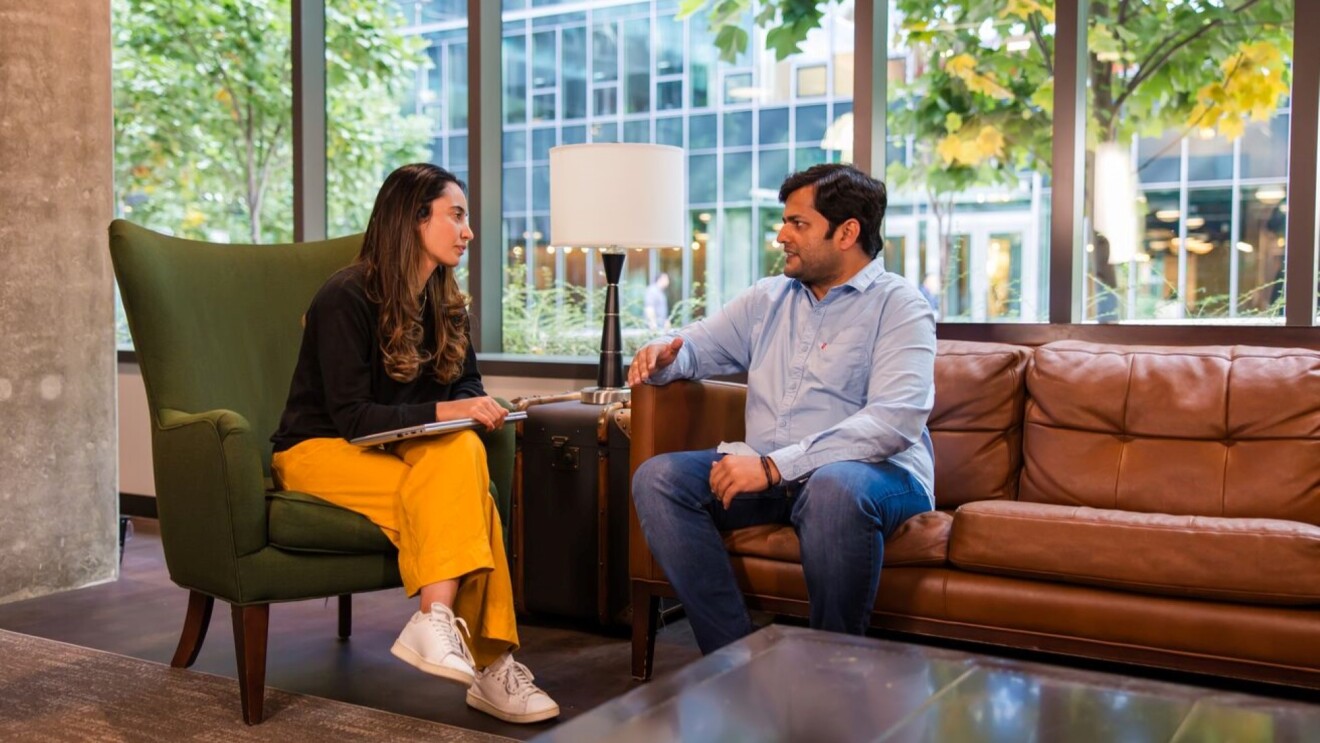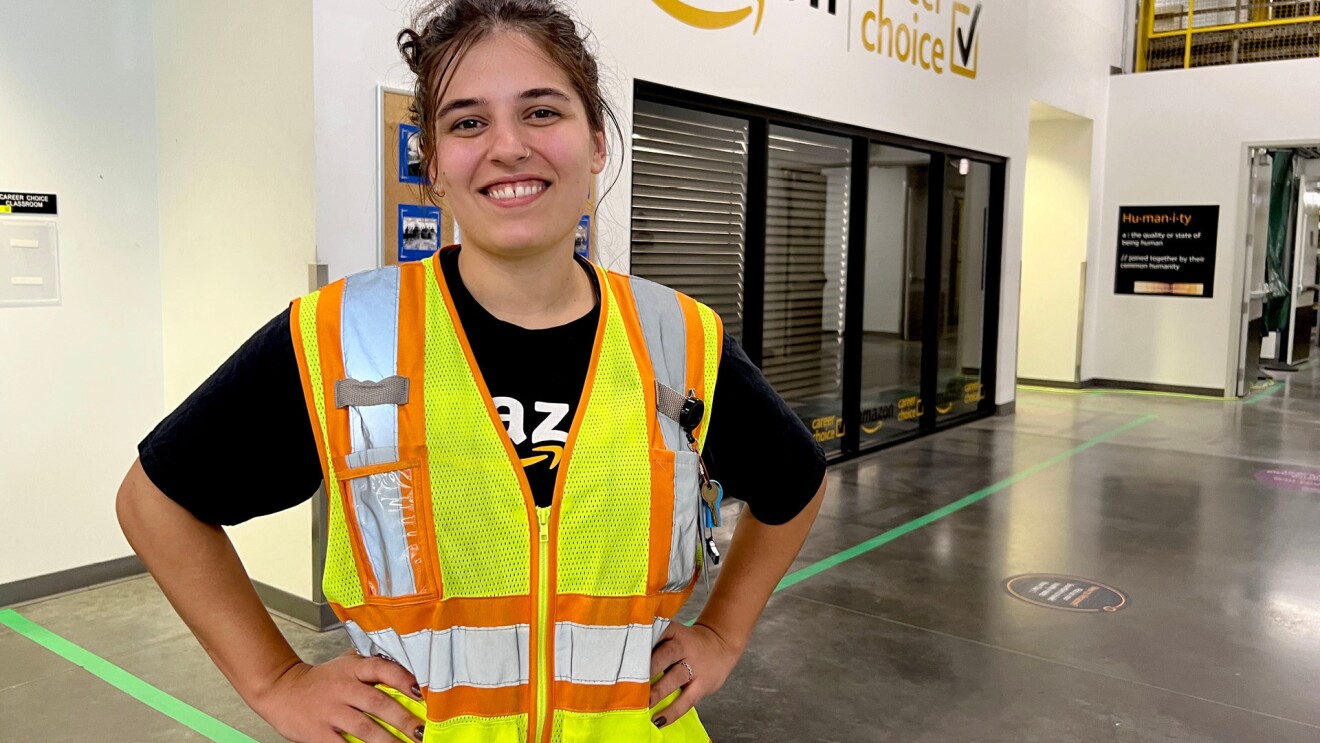If you've shopped at an Amazon Go or Amazon Fresh store, you've likely experienced an invention Amazon engineer Nick Franklin has worked on, like smart shelf designs and the Dash Cart—which automatically scans items, "even when added by free throw," said Franklin.
"I consider myself a maker," he said. "I love building stuff. I love solving problems, in general."
Franklin was sitting in his basement with four 3D printers, watching the pandemic unfold last April, when he realized that he had the means to help in a significant way. He recognized a need for 3D-printed mask adjusters, which hold a mask securely to the head without putting pressure on the wearer's ears.
"Everyone was 3D printing a popular ear saver design for hospital workers, but no one had updated the design to address all of the customer feedback," said Franklin. Complaints about the standard design noted that it was too stiff, not long enough, or got tangled in hair or when carried in a bag. He iterated on the design for a better version, and the EarLove mask adjuster was born.
01 / 03
"We're looking at increasing compliance through comfort," said Franklin. "Managers are worried about the safety of their employees. By making masks more comfortable to wear, individuals are less likely to touch them or remove them. If we can move the needle 1% in favor of safety across thousands of people, it can make a difference in the situation we find ourselves in."
The smoother, non-pinching design Franklin developed features low-profile internal tabs that can be linked together to fit any head shape. "That’s where it started—making an optimized, customer-driven design that could fit any head comfortably," he explained.
Initially, Franklin donated thousands of the 3D-printed adjusters to , delivering them while showing how extensible and flexible they are by linking four straps across his motorcycle helmet.
To solve for scalability, Franklin reached out to a friend and former colleague, Lane Kleppen, to make the move from 3D printing to mass-production injection molding. Kleppen is a mechanical engineer and a small business seller on the Amazon marketplace who had the supply chain structure in place to help out.
Once the pair developed an injection-molded prototype, Franklin added it to the other PPE supplies in his Amazon office, securing interest then support from employees at Amazon Fresh, Global Workplace Health and Safety, and Whole Foods Market stores. The adjuster has shipped to 130 Amazon and Amazon-affiliate facilities to date.
"There's been a remarkable amount of enthusiasm for it. I didn't expect people to be as excited about it as I was, the second they saw it," said Franklin.
"The mask straps provide a better fit and more comfort to individuals wearing masks for longer hours," said Shoa Jafri, Workplace Health and Safety’s global procurement manager for masks and PPE. "The ear strap is being used by all business units."
With sustainability in mind, Franklin said, "We were designing for front-line use, so we chose to make them from polypropylene, which is recyclable, and meets other important requirements like strength and cleanability."
"So far, I've also used them for cable management and as bookmarks," he said. "Although it can be recycled, I challenge Amazonians to upcycle—think of new and creative ways to keep solving problems with EarLove."
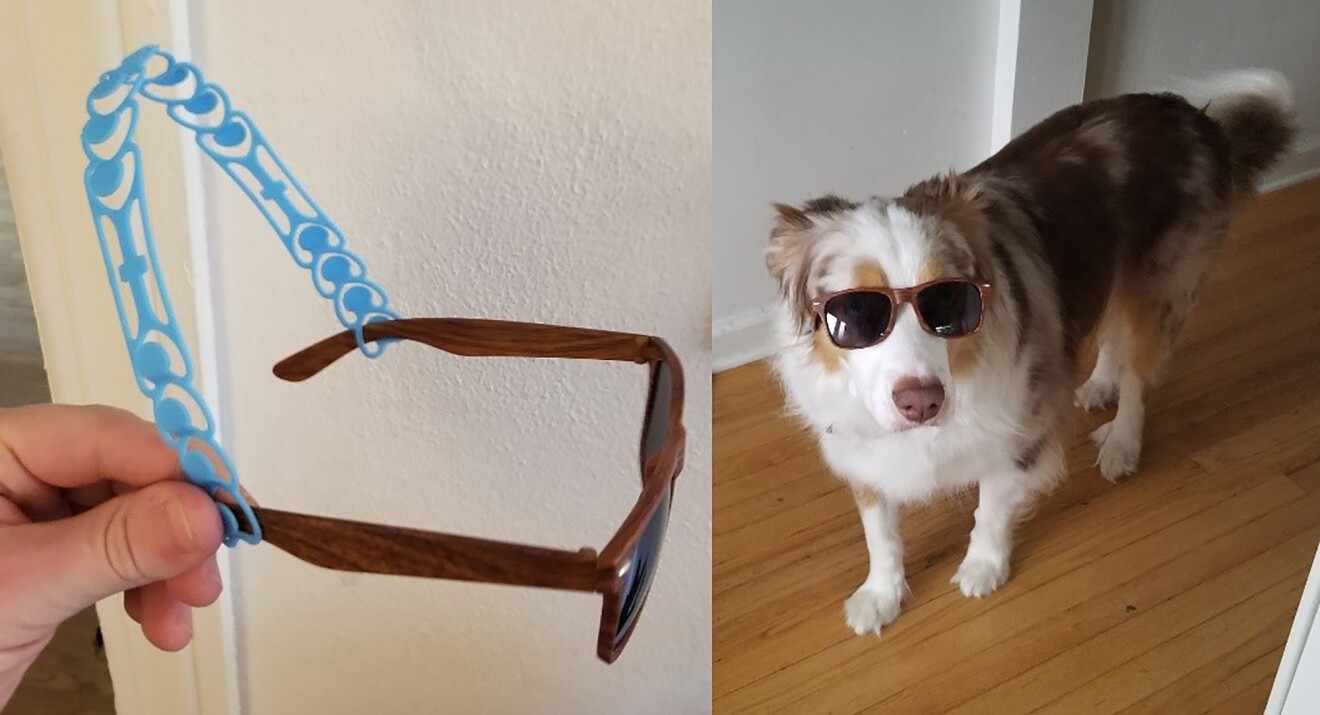 Amazon employee Will Dole tested EarLove with his dog, Zeek.
Amazon employee Will Dole tested EarLove with his dog, Zeek. Trending news and stories





